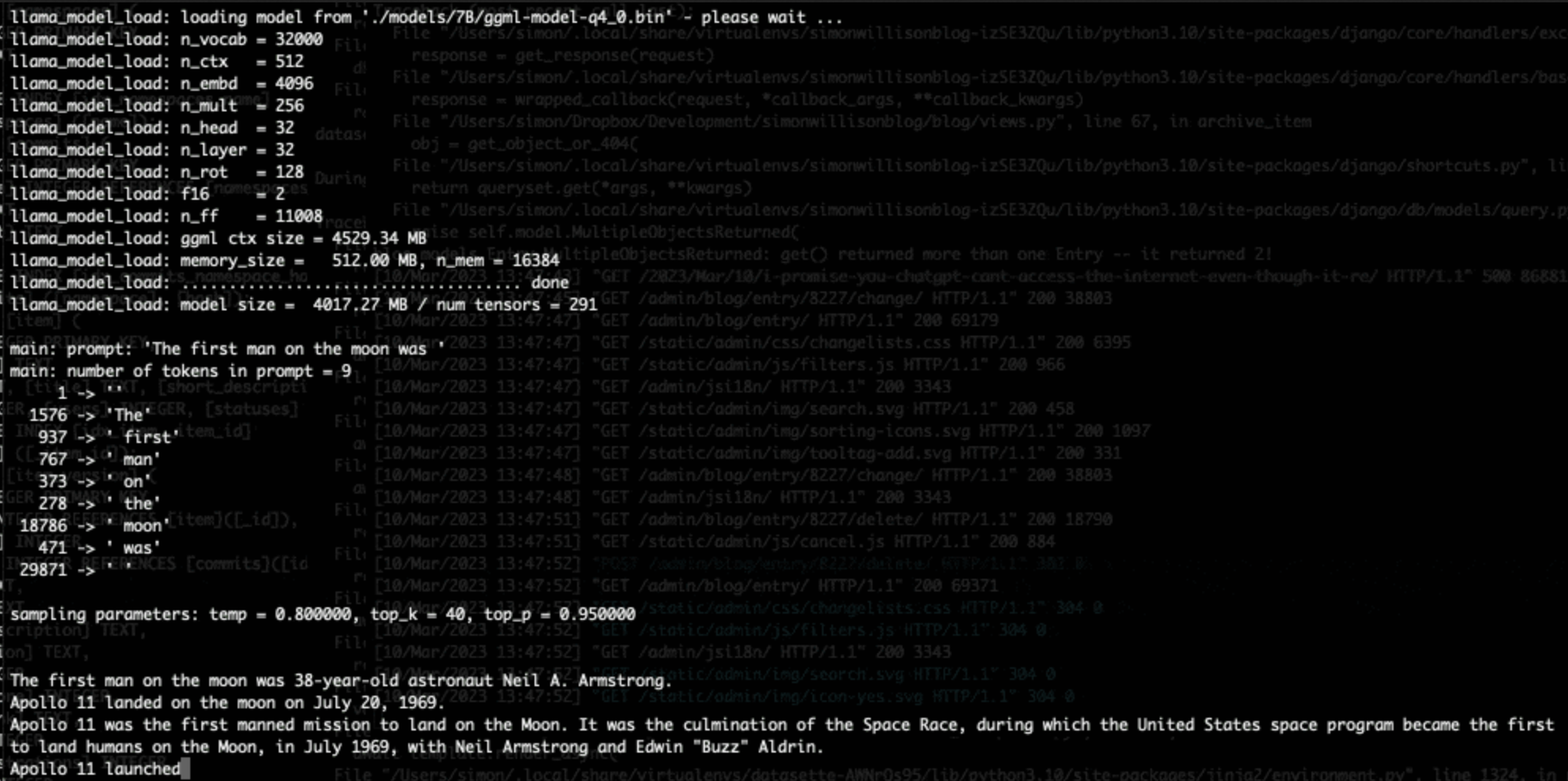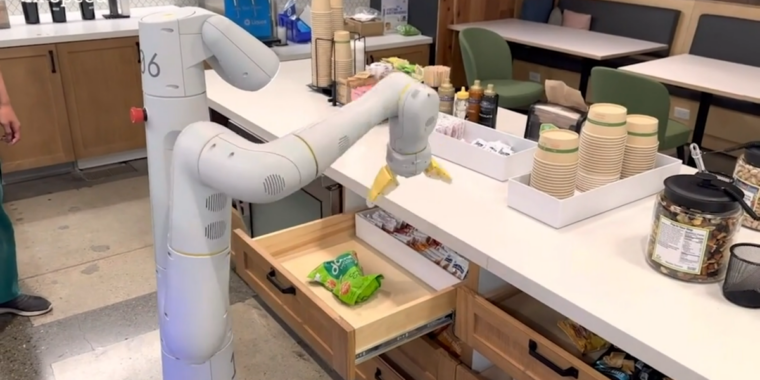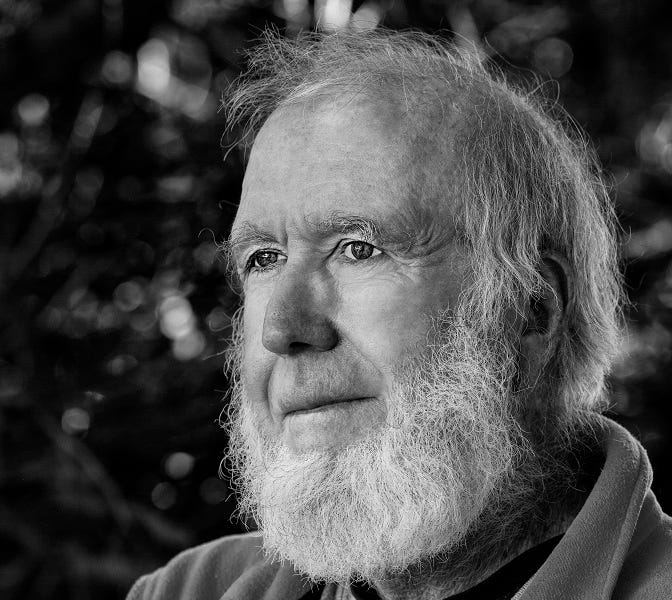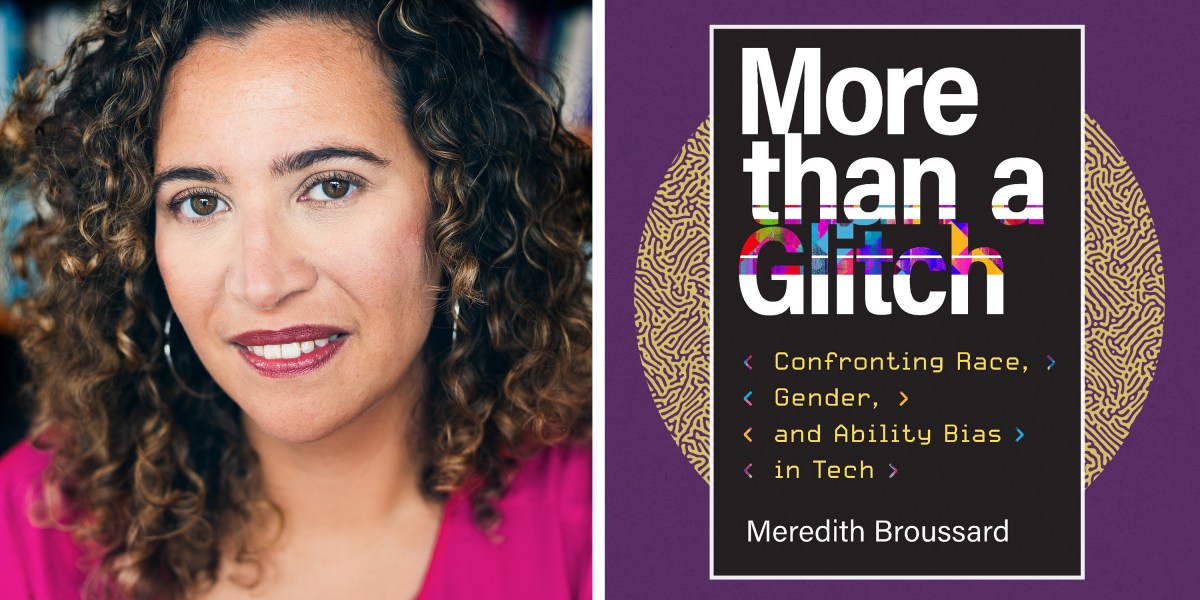Weeknotes 230 - oracle twins

Hi!
As expected, AI is all over SXSW this year. I am not following everything; that would be more work than being there. But I regularly look at a group of Dutch participants keeping a group blog with their experiences. And the regular social media posts, of course.
On other intelligences, I was happy to attend the lecture of James Bridle. The story was overall in line with the ones I had seen before at STRP and the one at NEXT I saw online, but the context has changed a lot with the acceleration of GenAI. I reflected on the talk and specifically on the concept of the oracle machine in the context of a widely shared article in the NYT by Naom Chomsky on the lack of learning capabilities of current GenAI (GPT-3). Find the reflections on the Cities of Things website.
In short, Bridle divided the lecture into two parts: other intelligences, and oracle machines.
In the first part, Bridle takes us on his explorations into different intelligences. Different from our technocratic ones. Our western human-focused. If you have read his book Ways of Being you will know all about this. It is intriguing how animals and fungi, and trees share knowledge of how an octopus is much more intelligent than we see. The embodiment of intelligence is key. All of our intelligence is rooted back to the same origin, and the development of all earthy species is even longer. How a different lens is providing lots more than you would expect.
In the second part, he is bringing it home the current AI debate. He starts stressing that the current AI hype is based on ‘old technology’. It is still based on the known basis of computation as started by the Turing machine. The interesting part is that Turing described in one of his papers in a footnote there is another concept for computing and building intelligence. He could never follow this up, but Bridle describes a possible execution. The oracle machine, as Turing coined it is a different way of intelligence with a much more outward-looking basis. The relationships we have, and especially building intelligence based on feedback loops, are based on starting with claims that are verified and the basis for new learnings. It is a standard in creative processes, I would say but embodied in everything might be another angle. It was not mentioned, but part of the success of chat-based tooling is not in new modelling or a different AI architecture, it is rooted in the possibility of having a conversation and learning both ways. Successful examples of applying the GPT tooling are based on the learning of the AI, not on the intrinsic intelligence of the AI.
In discussion with three other contributors to the event, the role of cultures became even more aware. We are very western focused, and other cultures can deliver many more viewpoints.
I keep it to that, as said, more on Cities of Things website.
Events for the coming week
I do not expect to join events this week, maybe except for a short webinar on Wednesday on mobility policies.
- Data Dilemma’s: Using data and digital twins in local energy systems, 16 March in Amsterdam
- IoT London 21 March, online
- Design with AI is the theme of Amsterdam UX at 22 March. With Guus Baggermans who I know from ThingsCon
- Next week Mozfest will have its online festival.
Happy that our ThingsCon Salon (Listening Things) has next to the already announced speakers also TU/e sharing learnings from working with the IoT Sandbox.
News I noticed
AI is still ubiquitous in the news... Let’s start this week with another piece by Grey Marcus “about the immense near-term risks of mass-produced misinformation: “It will be an uphill, ongoing move-and-countermove arms race from here… If we don’t start fighting now, democracy may well be overwhelmed by misinformation and consequent polarization—and perhaps quite soon. The 2024 elections could be unlike anything we have seen before.”

Another critique on the way we treat AI as a (potential) oracle. “The internet has never been an oracle, and the answers we can find have always been, and will always be, fuzzy. We are, again, building a new kind of map, one that, like the World Wide Web and Freebase before it, will give us new ways to understand, produce, and share knowledge. The people building new interfaces for these tools need to understand that, and help us see them as maps, not oracles.”

We need not be too optimistic on AGI Timelines
You can now run your own GPT-3 level model on your laptop, phone or Pi. The latter quite slowly, of course.

Or, to put it differently, they have their Stable Diffusion moment.

OpenChatKit https://www.together.xyz/blog/openchatkit
And the introduction of GPT-4 is nearer than ever, the rumours go. Is it about video? “At the AI event, Microsoft explained that GPT-4 would be “multimodal.” Holger Kenn, Director of Business Strategy at Microsoft Germany, explained that this would allow the company’s AI to translate a user’s text into images, music, and video.”

More practical: considering building a co-pilot for your service, check this “simple checklist”.

The co-pilot for our social media might be there sooner than you think.
/cdn.vox-cdn.com/uploads/chorus_asset/file/22512651/acastro_210512_1777_deepfake_0003.jpg)
And let’s close the AI section with some tools and services that introduced an AI version. DuckDuckGo, Miro, Discord, Salesforce.
The competitor that promises to be more open source is now valued at over 4 bln.

Will China produce block AI?

With all attention to AI, you might forget the other hyped technology that is becoming increasingly common: the digital twin. In this research, a lot of stats are shared:

AI, that is connecting robotics;

Positive tech news still exists: “This geothermal startup showed its wells can be used like a giant underground battery.”

Mini robots are fixing stuff in your veins…

A new form of collaborative working, an advanced form of comparing documents, in this research prototype and write-up. Inspiring for tool and process lovers and designers.

Kevin Kelly always has a sharp eye for the future. I did not read this interview yet, but I might.

O’Reilly Radar trends for March

Finally the book: In More than a Glitch, Broussard argues that we are consistently too eager to apply artificial intelligence to social problems in inappropriate and damaging ways.

Paper for the week
How Close is ChatGPT to Human Experts? Wonder how this research is ageing, already two months old….
“In this work, we collected tens of thousands of comparison responses from both human experts and ChatGPT, with questions ranging from open-domain, financial, medical, legal, and psychological areas. We call the collected dataset the Human ChatGPT Comparison Corpus (HC3). Based on the HC3 dataset, we study the characteristics of ChatGPT's responses, the differences and gaps from human experts, and future directions for LLMs. ”We build three different detection systems, explore several key factors that influence their effectiveness, and evaluate them in different scenarios. The dataset, code, and models are all publicly available at this https URL
Guo, B., Zhang, X., Wang, Z., Jiang, M., Nie, J., Ding, Y., ... & Wu, Y. (2023). How Close is ChatGPT to Human Experts? Comparison Corpus, Evaluation, and Detection. arXiv preprint arXiv:2301.07597
See you next week!













